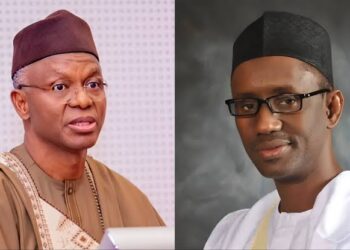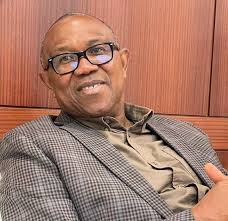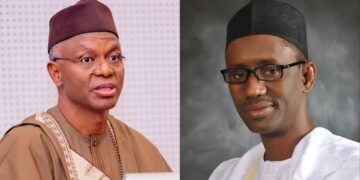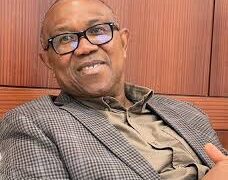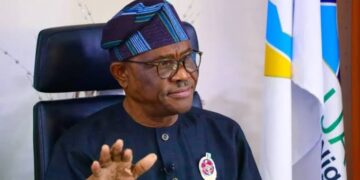Imo State Governor, Hope Uzodimma, presided over a dialogue on Thursday that delved into the pivotal role universities play in the economic advancement of nations through research and technological innovations, emphasizing the need for Nigerian universities to follow suit.
He urged universities in the nation to become catalysts for societal transformation and lead the way towards a reimagined Nigeria.
Governor Uzodimma conducted a thorough analysis of historical evidence to demonstrate the significant contributions that universities worldwide have made in the past. He questioned whether Nigerian universities have similarly contributed to societal progress, and if not, the reasons behind this.
The occasion was the 52nd convocation lecture held at the main campus of the prestigious university in Nsukka.
During the convocation lecture, Governor Uzodimma addressed the audience on the topic of “The Imperative of Universities in Pioneering a New Nigeria.”
In a colorful ceremony awarding first degrees to a total of 12,526 students, the governor emphasized that universities should serve as the guiding compass towards a prosperous and thriving Nigeria equipped to tackle contemporary challenges like climate change. He stressed that universities must first accurately diagnose Nigeria’s position as a nation of 200 million people after 63 years of independence.
He also highlighted the need for universities to introspect and identify the factors impeding Nigeria from harnessing its vast human and material resources.
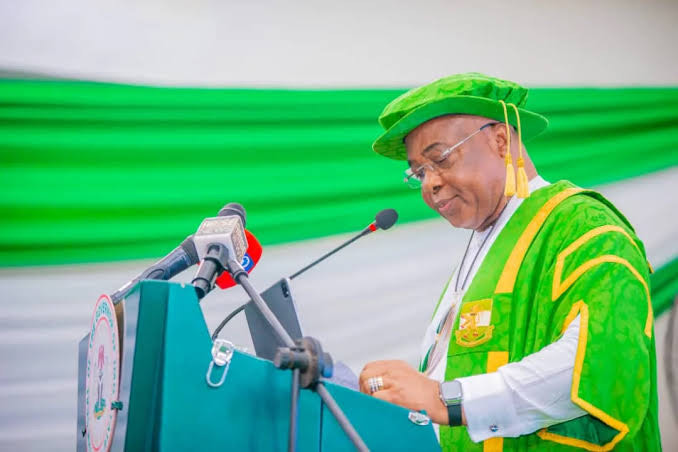
Governor Uzodimma raised thought-provoking questions in his lecture, such as why industrial production and exports remain relatively low, why crude oil exports dominate the economy, and why poverty and inequality persist.
Furthermore, he inquired about the integration of Nigeria’s ethnic groups into a united nation, the prevalence of corruption in public institutions, including universities, and the lack of patriotism among the populace.
He also questioned the inadequate state of infrastructure in areas such as roads, power supply, healthcare, education, and municipal services across the country. The governor pondered why Nigeria’s GDP remains relatively low at USD 374 billion and why the economy is growing at a sluggish rate of 2.51%.
Governor Uzodimma unequivocally stated that universities worldwide are recognized as hubs of learning and excellence, serving as sources of advanced education and knowledge for society.
He reiterated that universities play a crucial role in education, research, and technology, contributing significantly to all sectors of societal development.
The governor noted that a recent survey identified Nigerians’ desire for better leadership, infrastructure, healthcare, electricity, housing, security, quality education, and skilled human capital to drive progress.
He envisaged a new Nigeria characterized by enhanced productivity driven by technological advancements, prosperity, industrialization, ample employment opportunities, and the eradication of corruption, inequality, and poverty.
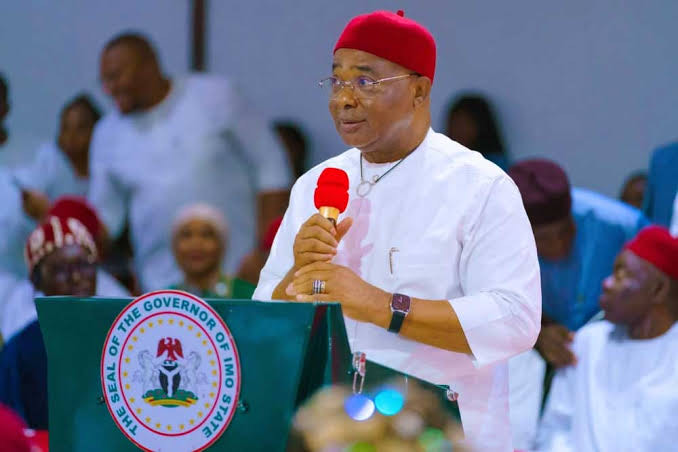
Governor Uzodimma defined development, citing Dudley Seers, as the elimination of poverty, inequality, and unemployment, leading to the realization of human potential.
He described universities as places where individuals learn to transform challenges into opportunities and emphasized their role as guiding lights for national development.
Governor Uzodimma expressed optimism that Nigerian universities, through effective management of ICT hubs, could reclaim their significance as knowledge generators and technology incubators, preparing youths to contribute meaningfully to the digital economy.
He called for the establishment of ICT hubs in all universities, primary, and secondary schools to equip students with the skills needed to thrive in the digital age.
Uzodimma highlighted the importance of universities adapting to modern digital realities and embracing emerging technologies to remain relevant in a rapidly evolving world.
He acknowledged the challenges facing Nigerian universities, including inadequate funding, deficient infrastructure, lack of skilled ICT personnel, and limited engagement with industry and government.
The governor emphasized the need for universities to focus on research, teaching, and community engagement rather than administrative tasks, urging them to prioritize innovation and entrepreneurship to equip graduates with the necessary skills for the digital economy.
Governor Uzodimma urged universities to uphold academic integrity, ethical standards, and merit-based recruitment practices while fostering an environment conducive to learning, research, and personal development.
He envisioned universities as centers of intellectual discourse, innovation, and leadership, nurturing future generations of principled and visionary leaders.
The event culminated in the announcement of the establishment of the HOPE UZODIMMA CHAIR FOR GOOD GOVERNANCE AND CIVIC RESPONSIBILITIES, aimed at promoting excellence in political science and social sciences departments.



